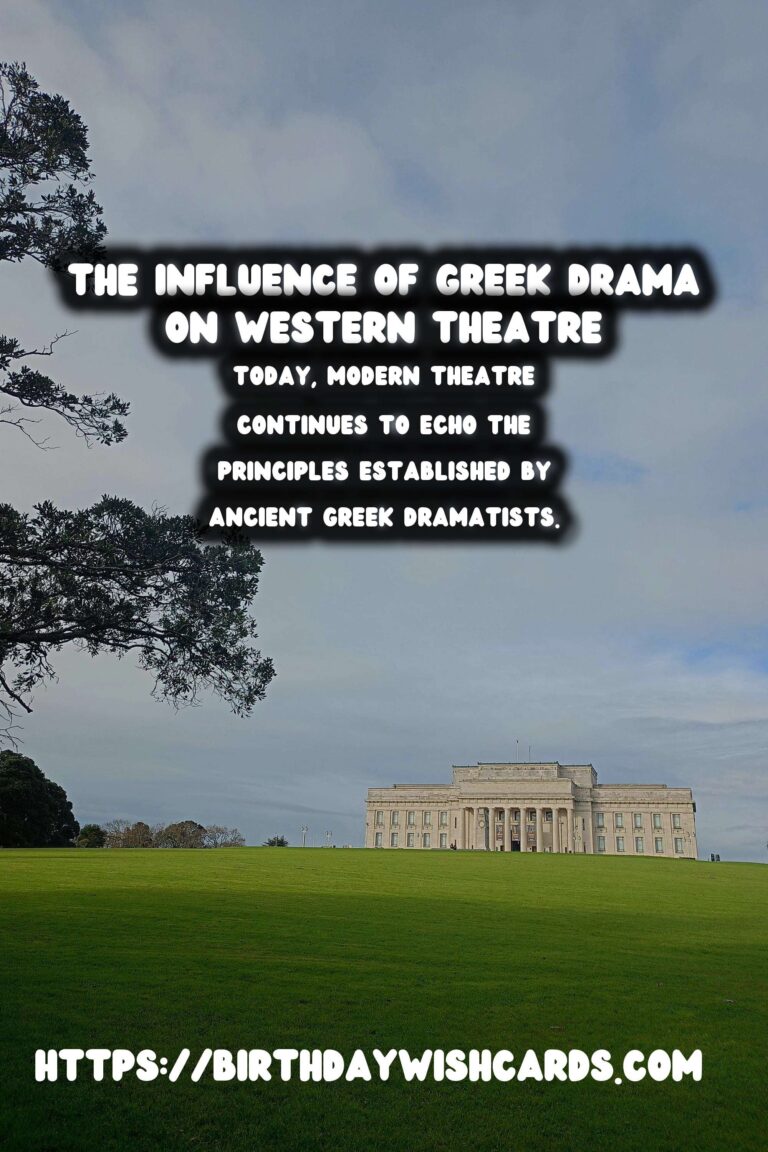
The evolution of drama has played a vital role in shaping Western theatre. Originating from ancient Greece, the earliest forms of drama have set the foundation for the narratives, structure, and stylistic elements that characterize Western theater today. This article delves into the birth of drama, its progression through the ages, and how it has influenced contemporary Western theatre.
The Dawn of Drama in Ancient Greece
Ancient Greece is widely recognized as the cradle of drama. The city-state of Athens was a cultural hub where the earliest dramatic works were performed. Observed during festivals honoring Dionysus, the god of wine and fertility, these performances were essential to public life. The narrative forms that developed, including tragedy and comedy, were initially performed as part of religious ceremonies.
Tragedy and comedy, each fulfilling different societal functions, dominated the stage. Tragedy explored profound themes often based on mythology and human suffering, while comedy addressed political and social satire of the day. Together, they formed the dual pillars of Greek drama that have persisted in varying forms up to the present.
Key Playwrights and Their Contributions
Significant contributions were made by legendary playwrights such as Aeschylus, Sophocles, Euripides, and Aristophanes. Aeschylus, often regarded as the father of tragedy, introduced the concept of using multiple actors on stage, a breakthrough that enabled more complex narratives and character interactions.
Sophocles further developed dramatic structure with innovations in the use of scenes and plot development. Euripides is known for his exploration of psychological depth in characters, bringing nuanced human emotions into the theatrical fold. Lastly, Aristophanes established the roots of comedic theatre through plays filled with wit, slapstick, and social commentary.
The Influence on Roman Theatre
Roman theatre, while heavily borrowing from Greek precedents, expanded the artistic form to suit Roman tastes and sensibilities. Romans adapted Greek plays and imbued them with their cultural preferences, such as grander stage designs and spectacles. The Roman contribution to theatre includes the popularization of the semi-circular amphitheater and the inclusion of elaborate scenery.
The Romans placed more emphasis on spectacle and entertainment value, which foreshadowed future developments in theater. Despite these adaptations, the foundational elements of plot and character from Greek dramas remained integral components of Roman productions.
Medieval to Renaissance: Drama’s Evolution
With the fall of the Roman Empire, drama went through a period of transformation during the medieval era. It became largely liturgical or religious, with morality plays and mystery plays gaining popularity to educate and reinforce Christian values among the populace.
The Renaissance marked a revival of classical ideals and a renewed interest in the arts, including theatre. This period saw the emergence of works by playwrights such as William Shakespeare and Christopher Marlowe. Their plays, often deriving themes from classical antiquity, demonstrated the enduring influence of Greek drama on Western literature and stage art.
Modern Theatre: Echoes of the Past
Today, modern theatre continues to echo the principles established by ancient Greek dramatists. The narrative structures, character archetypes, and thematic explorations from that era remain relevant. Innovations such as the introduction of technology in performance art have only expanded the scope of dramatic representation while retaining the core fundamentals shaped by its origins.
Contemporary plays often tackle complex themes with deep social and psychological undertones, reflecting how the ancient seeds of dramatic storytelling have blossomed into a diversified theatrical expression in today’s world.
Conclusion
The legacy of ancient Greek drama is a testament to its transformative power. It has influenced nearly every aspect of Western theatre, serving as both a foundation and a source of inspiration for generations of playwrights. As such, the birthplace of drama continues to teach us about human experiences, cultural evolution, and the intrinsic value of storytelling.
The evolution of drama has played a vital role in shaping Western theatre. Today, modern theatre continues to echo the principles established by ancient Greek dramatists. 


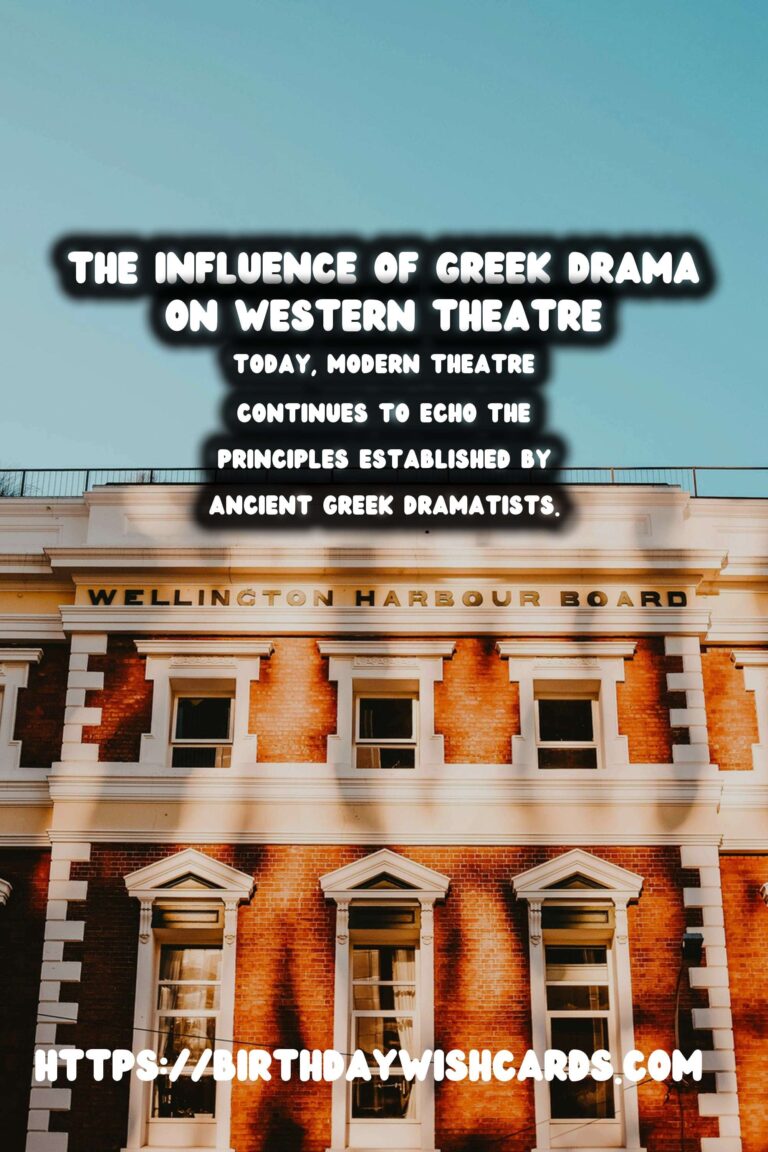


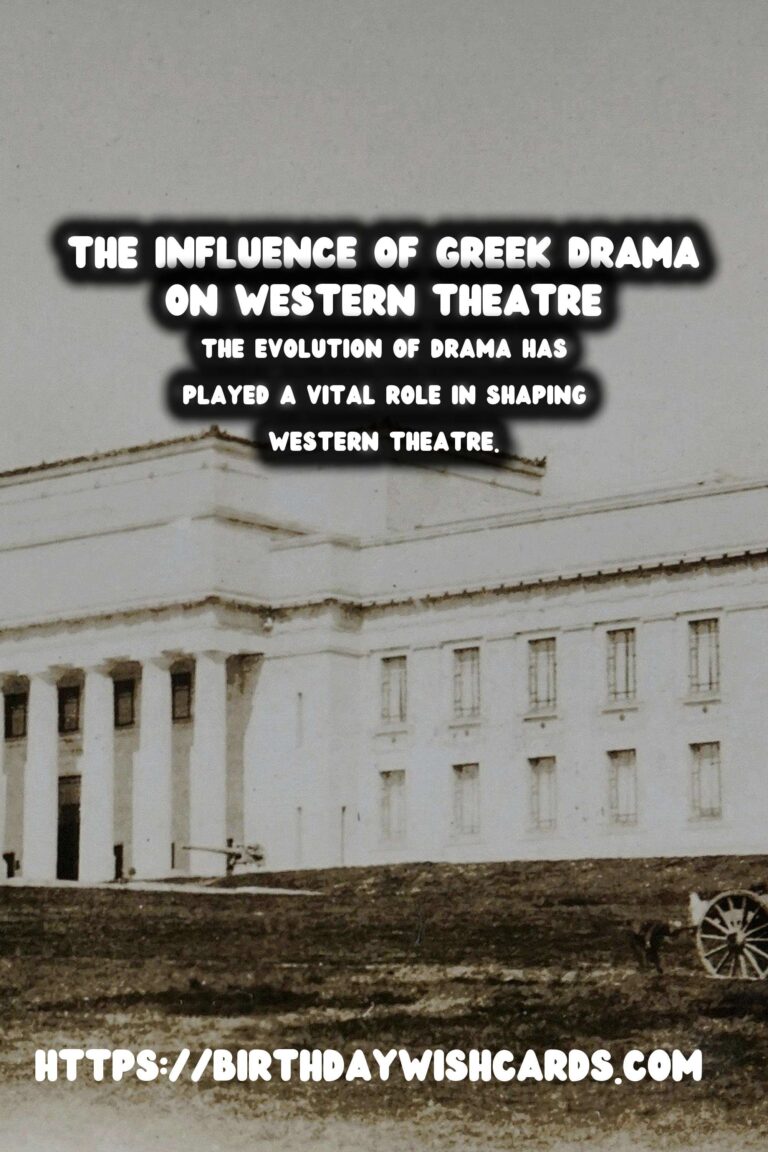
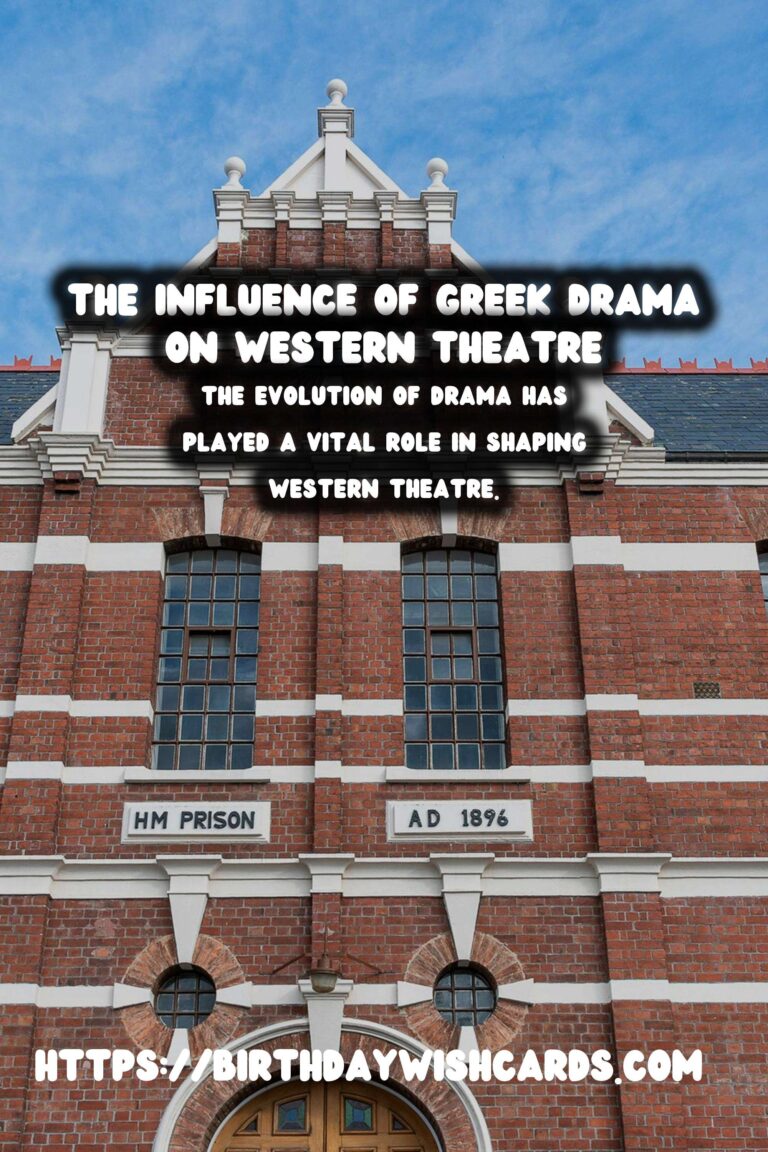

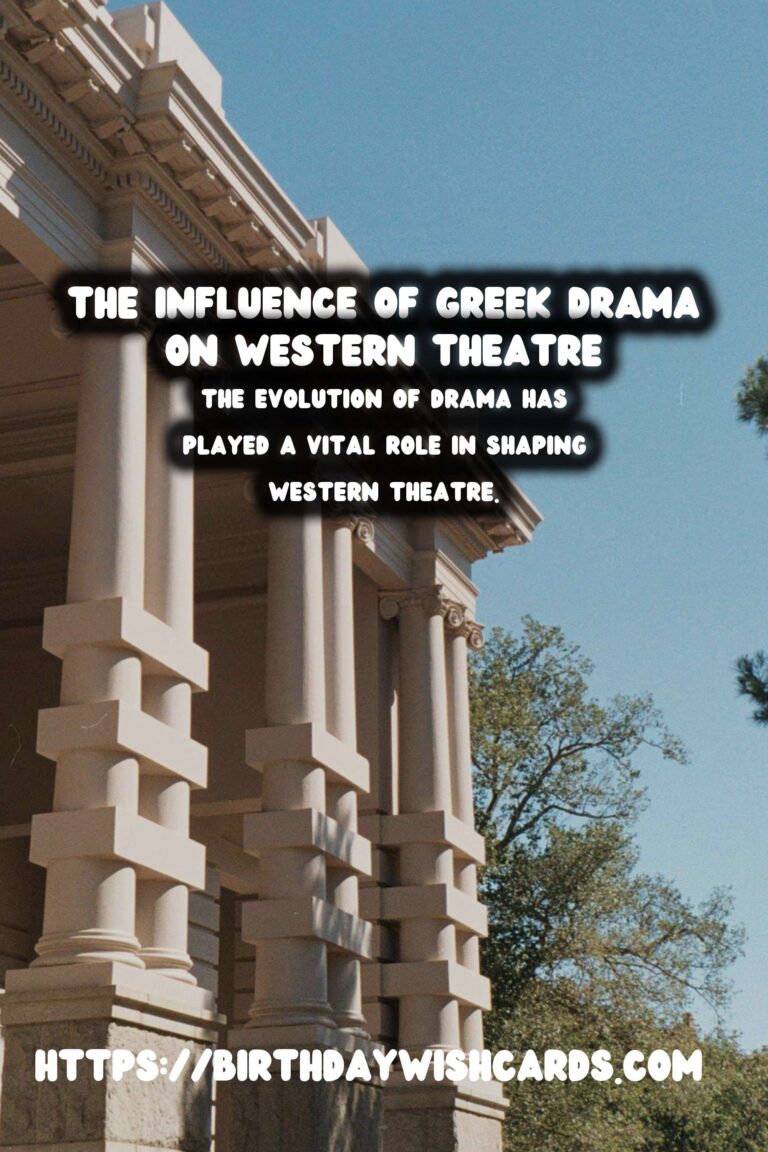
#theatre #drama



